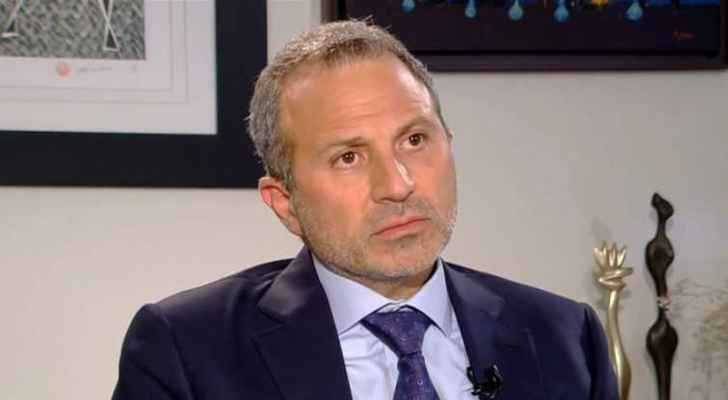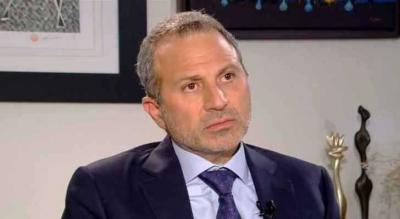" Hezbollah" took five months before it initiated appeasement towards its Christian ally after its unilateral decision to engage in support of Hamas in Gaza. This led to a visit from a delegation of the "Loyalty to the Resistance" bloc, headed by its leader, MP Mohammad Raad, to former President Michel Aoun, the founder of the "Free Patriotic Movement" and the signatory of the "Mar Mikhael Agreement" alongside the party's Secretary-General Sayyed Hassan Nasrallah, according to "An-Nahar."
The visit carried multiple messages, moving beyond reproach and accountability. Most importantly, it reaffirmed that the Christian ally remains Aoun and not his son-in-law, the current head of the movement, and that affection and respect still exist towards Aoun and what he represents. This positions the agreement as intact and resilient despite the blows it has received from both sides, raising justified questions about the fate of the agreement and the alliance after Aoun, particularly in light of Bassil's political approach of gradually distancing himself from the party.
The second and most significant message was Raad's apology for the party's failure to consult its ally or, at the very least, to keep him informed about the party’s stance regarding the Gaza war. This belated apology indicated the party's desire to maintain exclusive decision-making authority. However, Bassil's fierce criticism of the party's policy, which reflected dissatisfaction and annoyance, prompted the party to rectify this mistake with the visit to Rabieh, in order to maintain the Christian alliance and avoid attracting new Christians to join the "Free Patriotic Movement" against it.
The visit had its desired effect; Bassil's tone softened in form but not in substance. This was evident during his televised appearance on Thursday evening, where he reiterated the same slogans he had been promoting and amplifying since the party's involvement in the Gaza war. He stressed his rejection of the "unity of arenas," also expressing concern for existence, partnership, and identity, stating: "We must be present not only in terms of preserving our existence in government but also on the ground and in identity."
The new positioning of Bassil will not become clear until it is determined whether the party intends to visit Bassil as well. Currently, available information suggests that no visit is on the horizon, especially since the party is in a phase of observation and testing Bassil's direction in the upcoming stage, to determine whether the Rabieh visit achieved its purpose or not.
Since Bassil's televised statements came hours after the Rabieh meeting, the prospects for a ceasefire between Bassil and the party seem slim. On the contrary, it is possible that the head of the "Free Patriotic Movement" will solidify his new position after sensing the party's concern over the risk of losing their alliance.
Thus, Bassil's new positioning is based on a strategy of reconstructing his movement’s Christian status and becoming closer to addressing his constituents' feelings and concerns, which reflect the concerns of the broader Christian community. To that end, he sought refuge under Bkerke's umbrella, placing responsibility on it to "invite all those rejecting what is happening and to lay out a clear plan and stance to confront the unfolding events." Observers believe that the rising Christian sentiment against the war on one side and against the party on the other will push Bassil further from retreat, especially as he has raised his voice against the party, noting the reactions from his audience according to "An-Nahar."
Bassil is aware today that the party can alleviate the concerns or dissatisfaction of the movement's founder regarding linking the Lebanese arena with the Palestinian one, relying on Aoun's support for resistance, while also recognizing that he understands Aoun and Bassil's displeasure with his support for the caretaker Prime Minister and not standing by the movement's ministers. However, he will not be able to reciprocate with Bassil regarding the presidential election or withdraw his support for his candidate, Sleiman Frangieh. This, in itself, is reason enough for Bassil to create a new distance between him and the party, bringing him closer to the opposition without severing the tenuous thread that connects him to his uncle, the president and founder, in order to maintain a minimum level of agreement. So that, should circumstances and factors differ, this thread remains available, serving both parties' interests equally!




